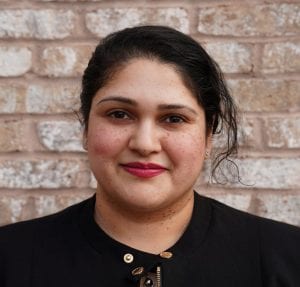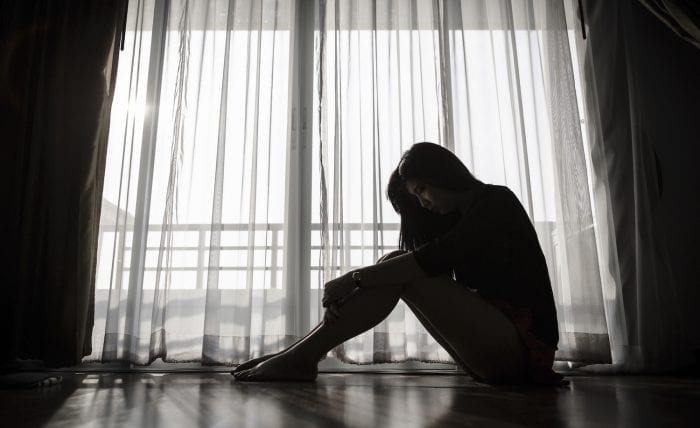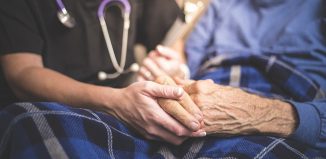Youth Deal with Mental Health Strain During Pandemic
With the approaching emotions of the holidays, Suffolk County residents may face persistent and unwanted changes in their lives, from not seeing a cherished family member to remaining confined to the same house where they work, live, eat and study. Between now and the end of the year, TBR News Media will feature stories about the impact of the ongoing pandemic on mental health. The articles will explore how to recognize signs of mental health strain and will provide advice to help get through these difficult times. This week, the article focuses on youth.
In a normal year, when school is out, the number of referrals Dr. Sharon Skariah, Director of Child Adolescent Psychiatry at South Oaks Hospital in Amityville, declines during the summer.

That’s not the case this year, as children continued to seek help for mental health challenges caused by the loss of a parent, the loss of financial or health security and the decline in social contact amid social distancing.
“We’ve been seeing significant anxiety and depression,” Skariah said. “Part of that is the prolonged time that [children] have been out of school.”
Skariah expects that the ongoing pandemic losses and restrictions will likely continue to cause those figures to increase.
Several mental health professionals shared their dos and don’ts for parents with grieving children.
Grieving Dos
For starters, Skariah suggests that parents should recognize their own anxiety and depression.
“If they find that they are themselves overwhelmed with the chaos of the pandemic, they should be aware that their own anxiety and mood can play a role in their children’s behavior,” she said.
Dr. Meghan Downey, clinical psychologist and Director of Northwell Health’s OnTrackNY, urged people to maintain a routine.
“Often, a holiday can exacerbate our stress levels,” Downey said. “Changes to our routine can increase stress. Continuing with the same sleep wake routine, normal eating and [finding time] for joy and relaxation provide a good foundation for managing grief.”
Based on prior group traumatic events, like the 9/11 terrorist attacks and the SARS virus, Skariah said the restoration of order happens over time and depends on personal and predisposing factors.
She urged families to be genuine and open and actively listen to what children say. Downey suggests children need to feel that they are allowed to mourn.
A support network can and should consider showing empathy, care and concern. Approaching people when they are calm, rather than in a distressed state, can provide some mental health relief.
People who are experiencing grief also can benefit from staying connected, even through holiday letters, phone calls, or a card, Downey said.
When Downey gives presentations to children and educators in school, she advises people working with young children to allow them to play death, to display their emotions through play.
Grieving Don’ts
Telling children platitudes like “time heals all wounds” may not be helpful for someone who is “acutely grieving,” Skariah said.
Downey added that telling children that a loved one is “sleeping” or that they should “stop crying, other people might get upset” provides mixed and confusing messages.
Telling children that “at least [the person who died is] not in pain anymore, they are in a better place” often doesn’t help and distracts people from feeling their emotional intensity, Downey said.
Downey cautioned youths, and their adult guardians, to manage over-indulgent behavior, such as with food or with excess spending.
While those indulgences provide temporary relief, they can also contribute to feelings of guilt, which can exacerbate grief, Downey cautioned.
Bradley Lewis, Administrative Manager for School Based Mental Health Services for South Oaks Hospital, said he has received numerous requests during the pandemic for support related to COVID-19.
Lewis said Downey’s presentations to some of the 11 school districts went beyond the thought of death, but include losses in other areas, like access to friends, senior awards dinners, and graduations.
“A lot of families appreciated the opportunity to learn more about grief and loss, to understand the different types of grief their children might be going through,” Lewis said.
With parents, Lewis urges parents to “end the stigma of mental health,” he said.







